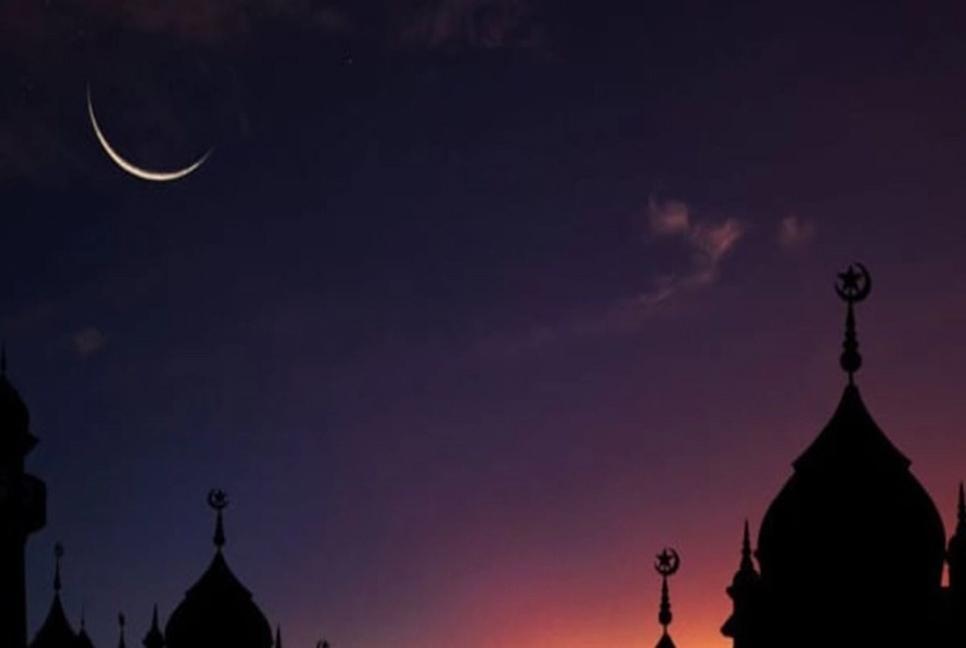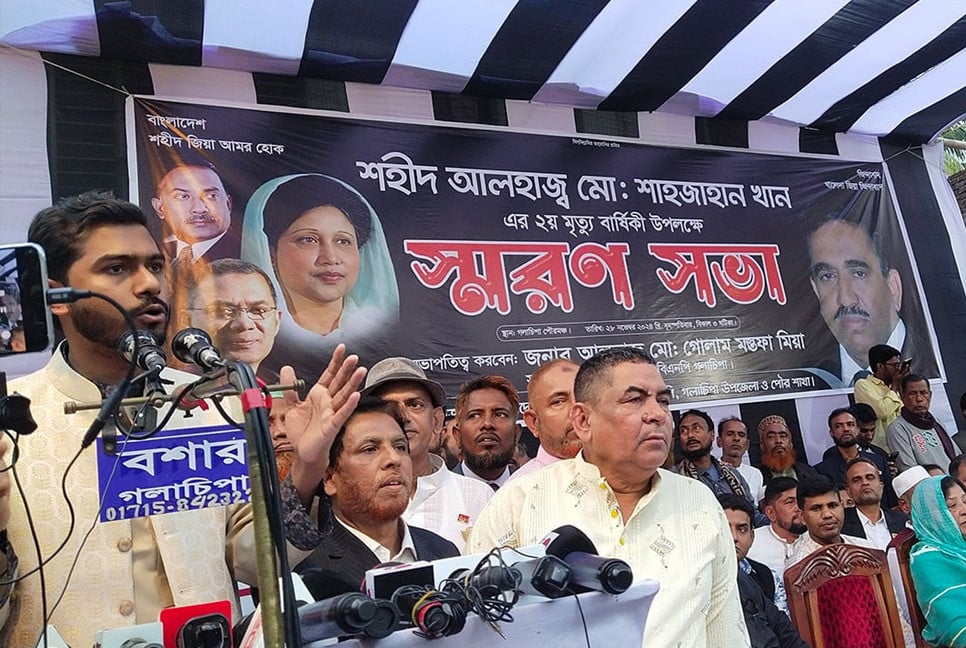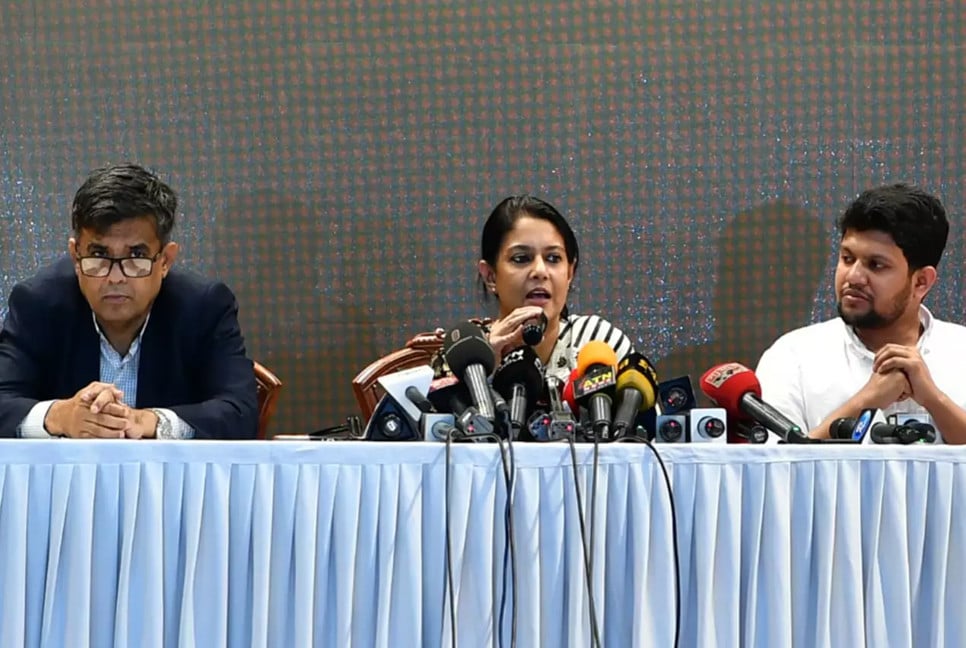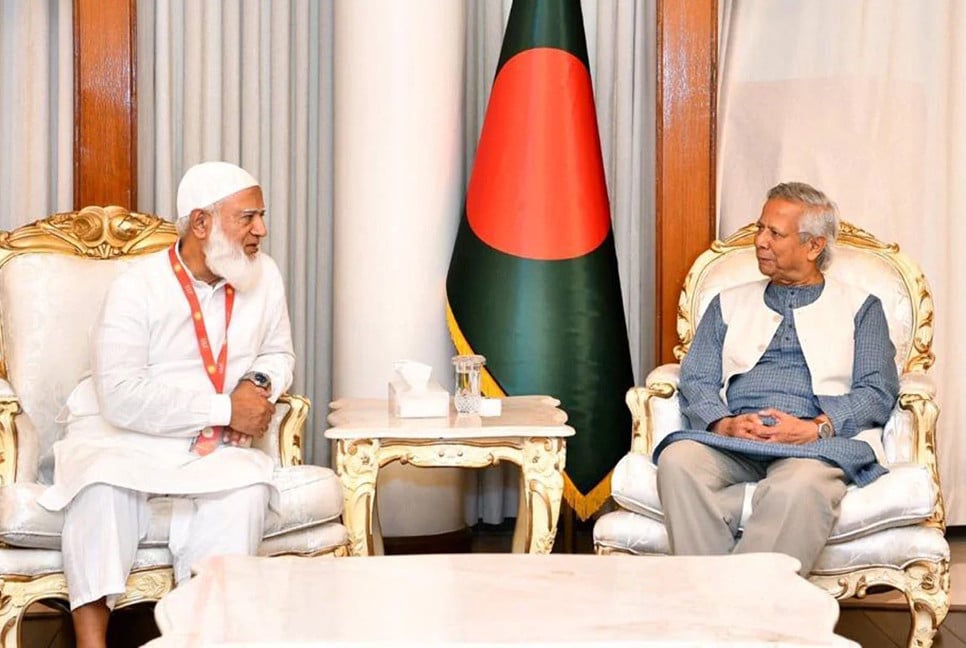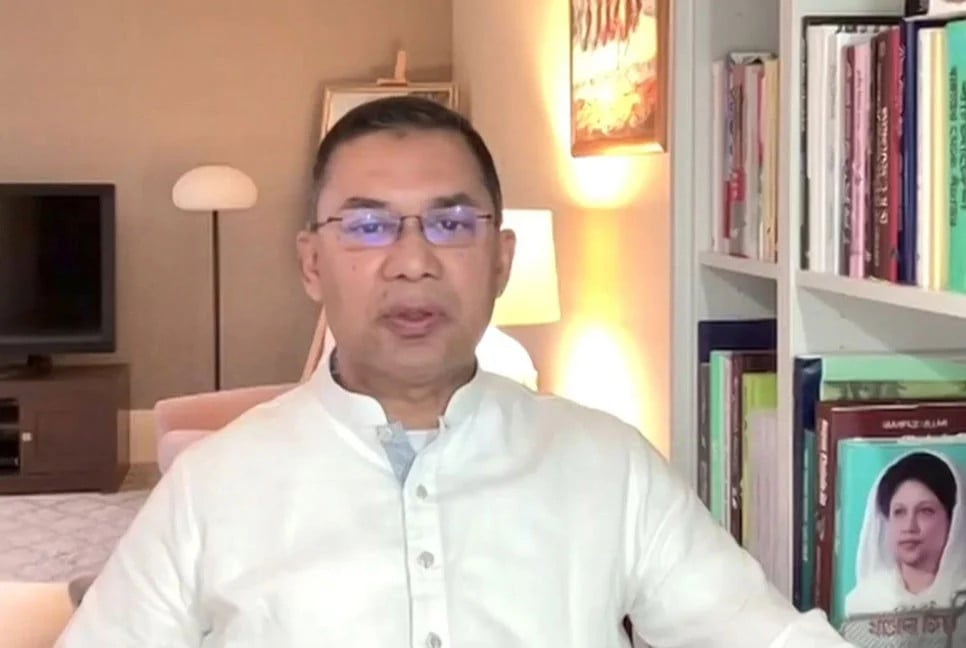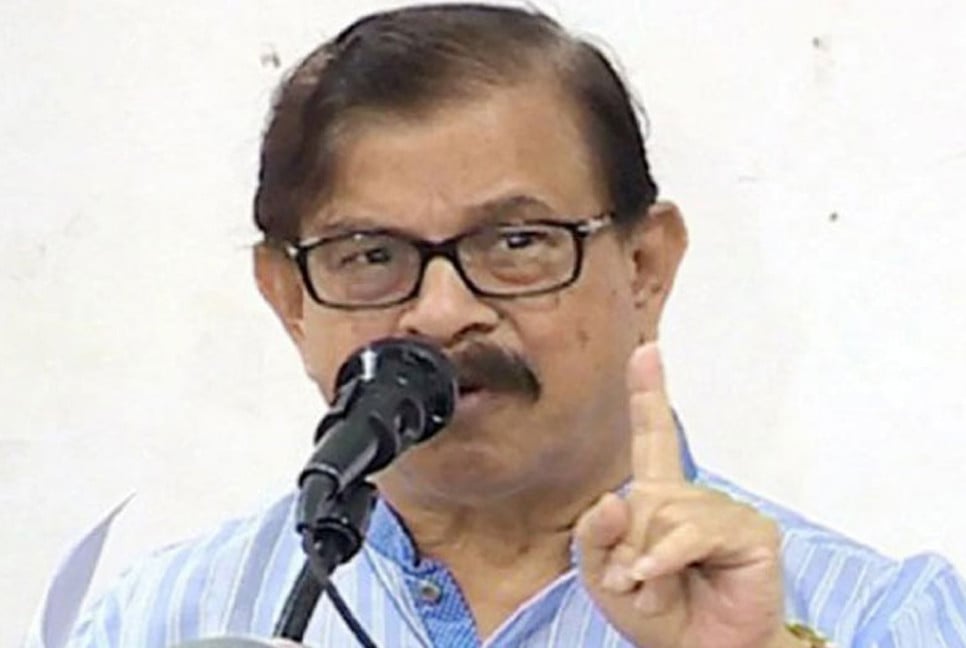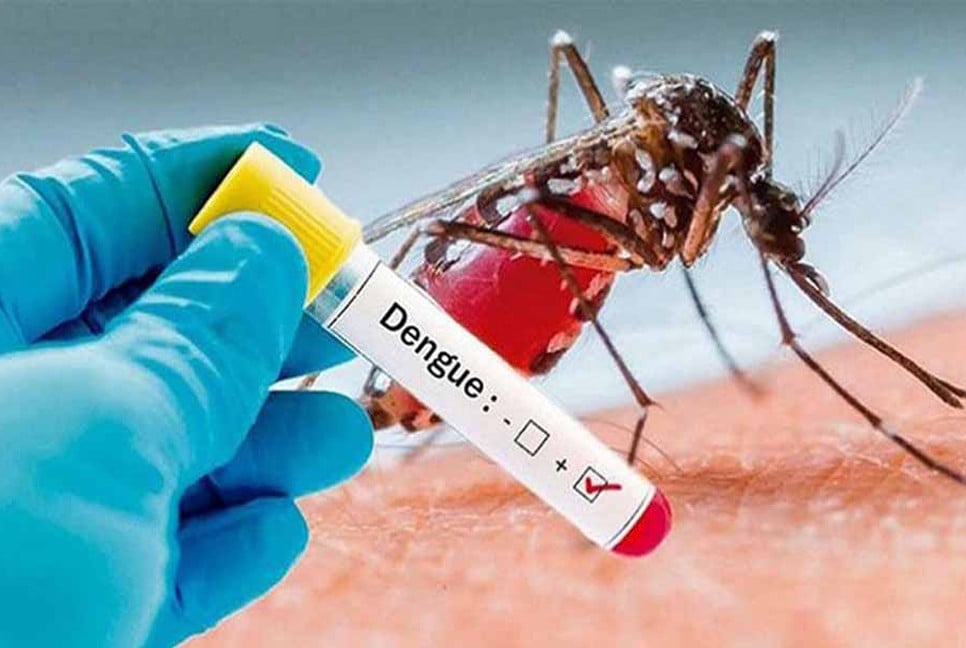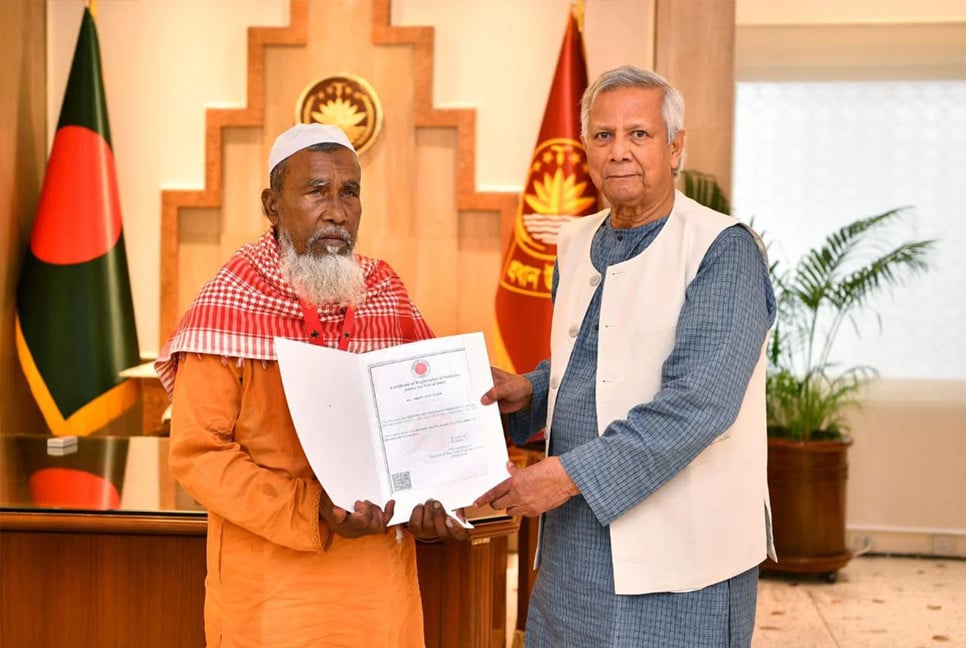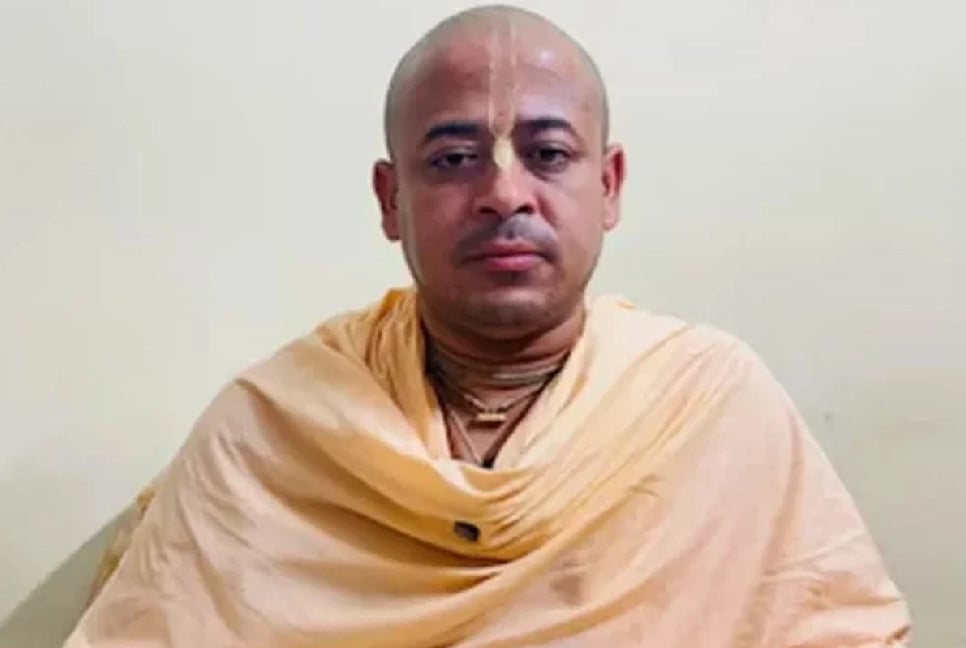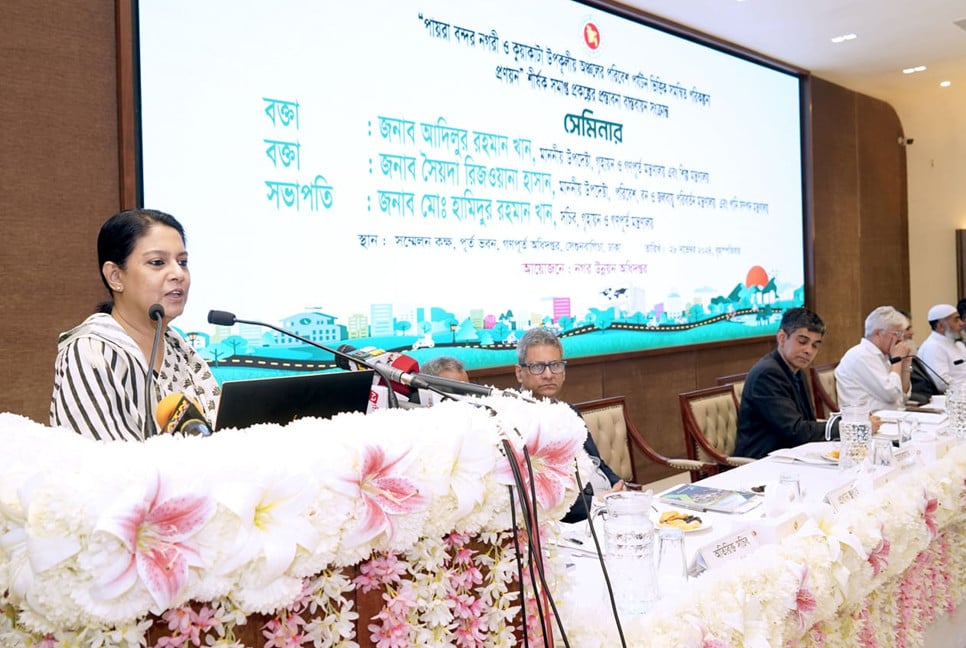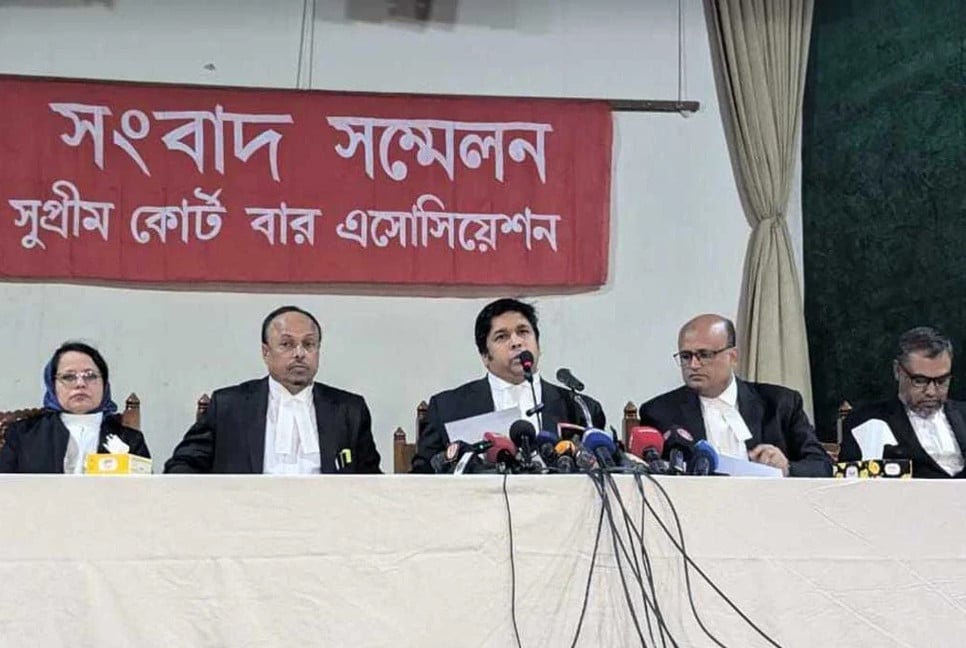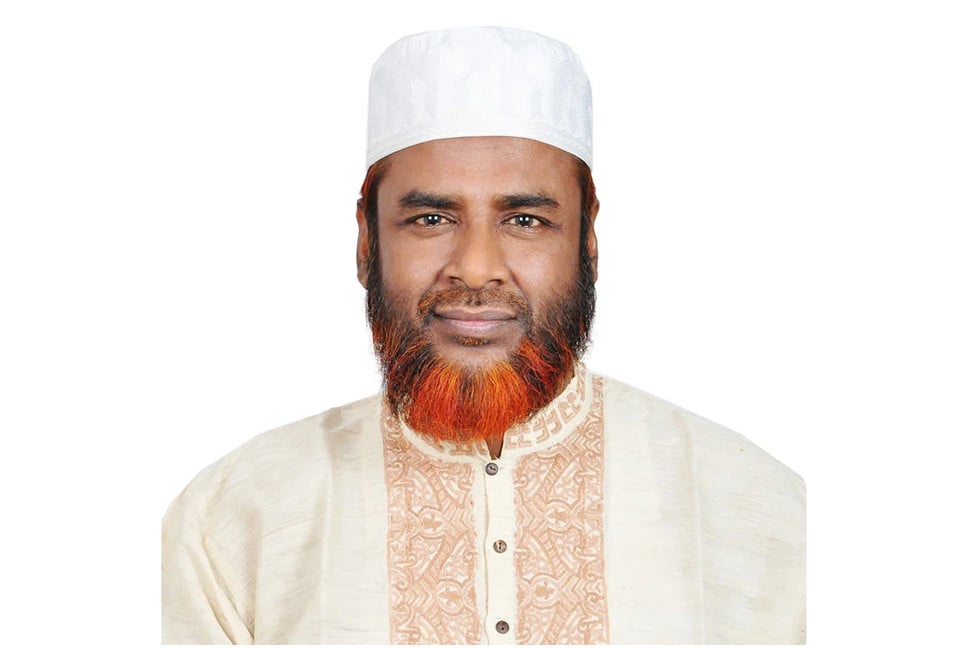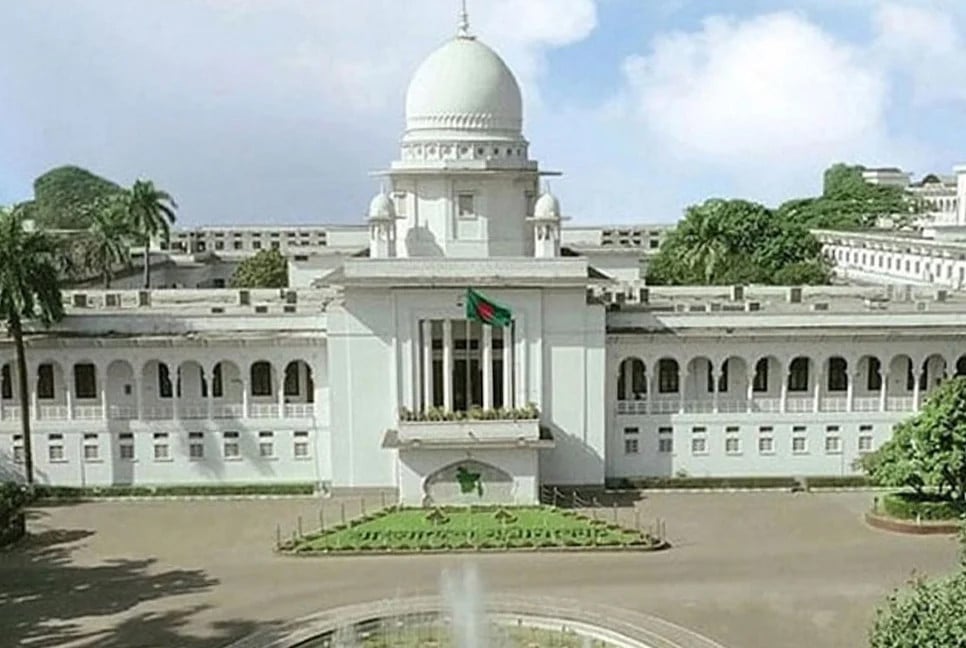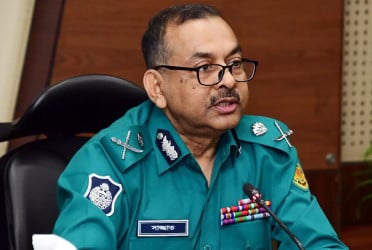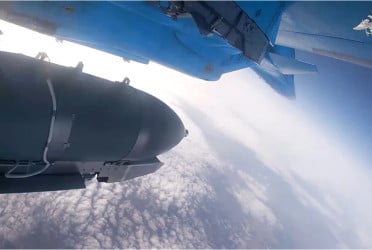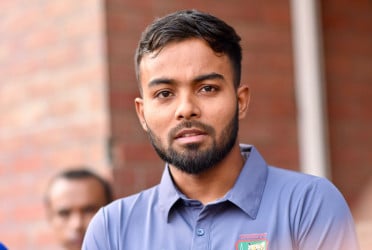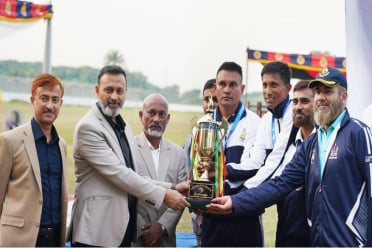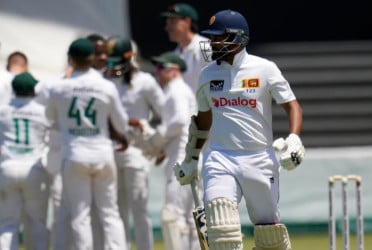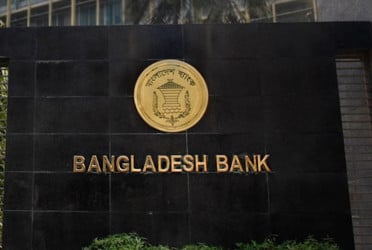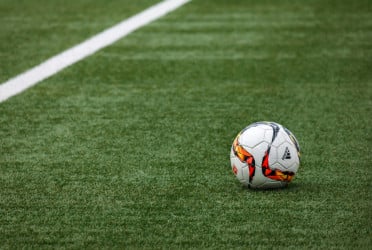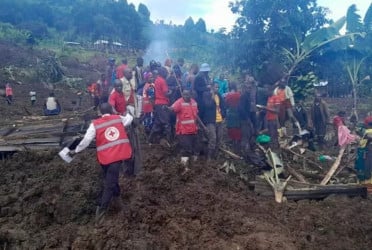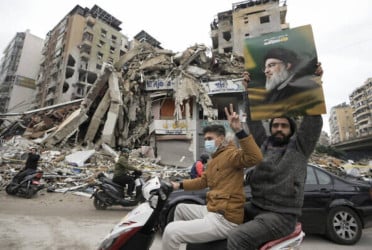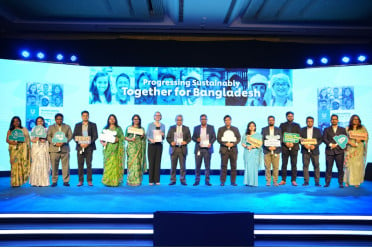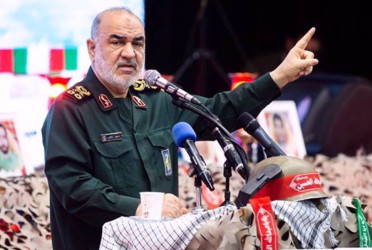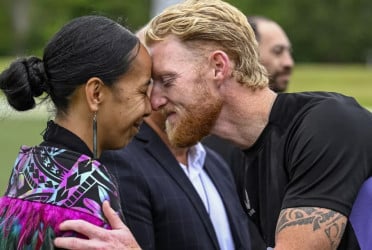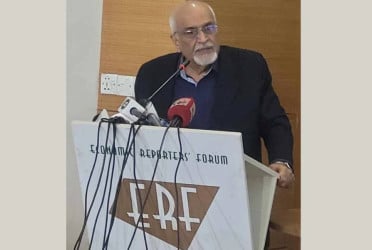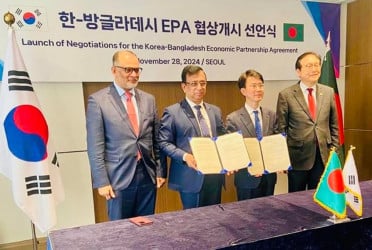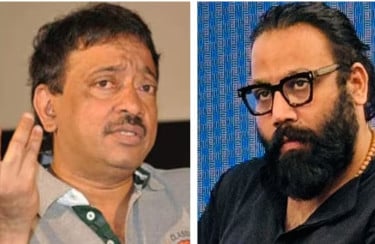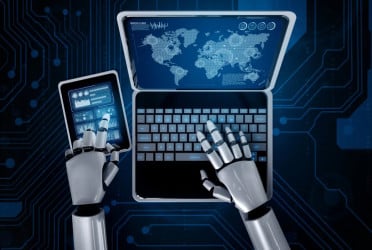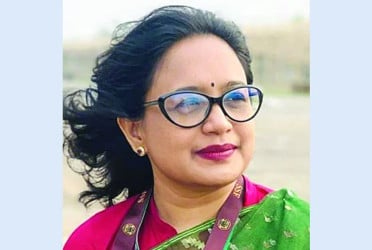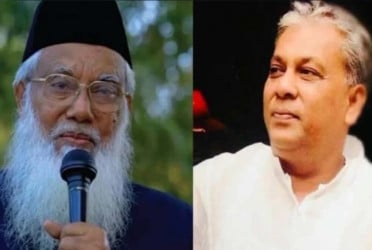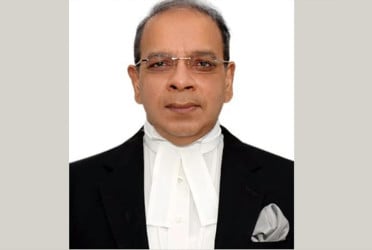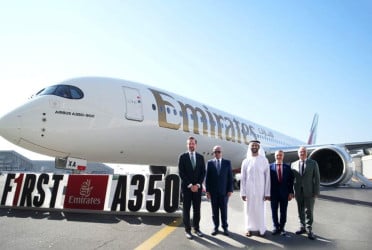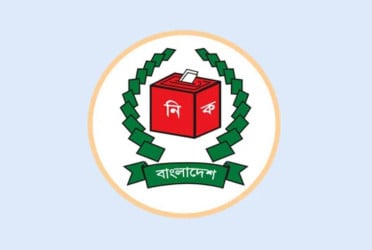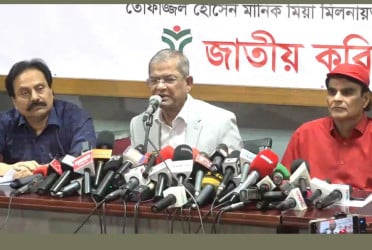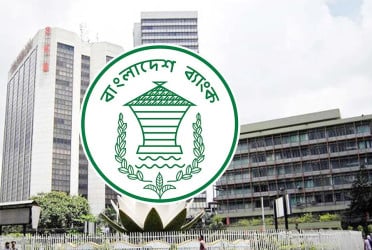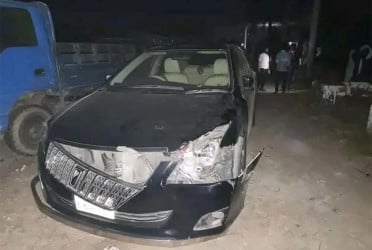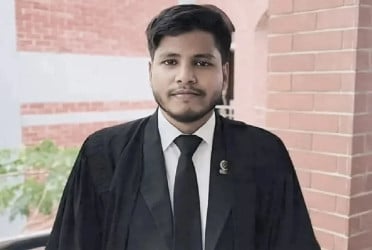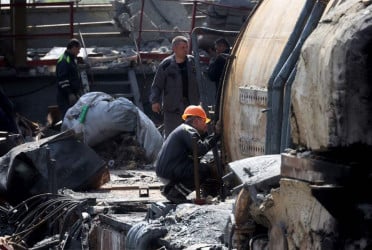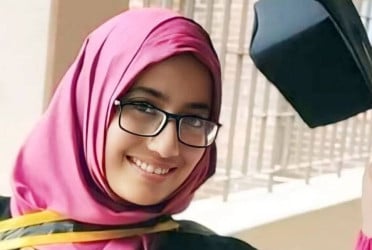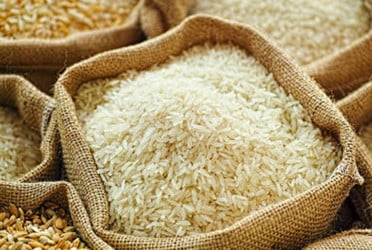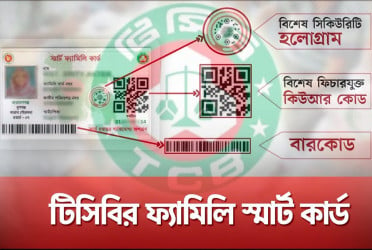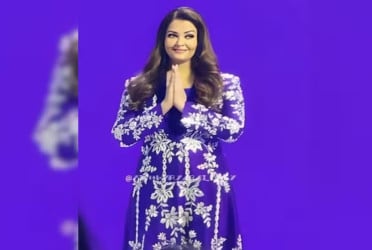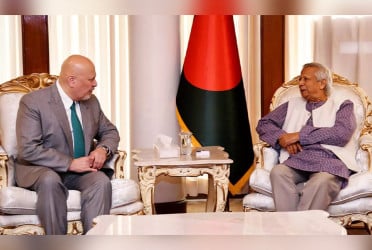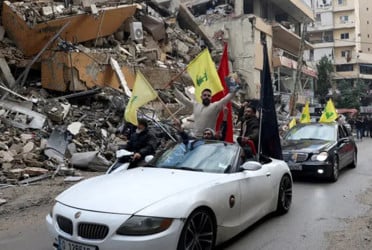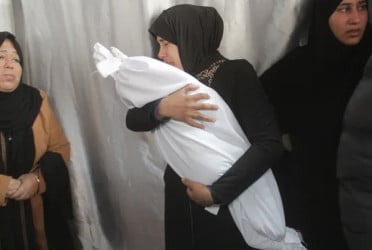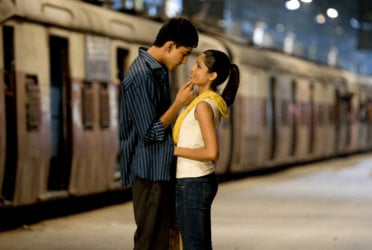Eid-ul-Fitr, the biggest religious festival of Muslims, will be celebrated in Bangladesh on Thursday as the moon of Shawal month is sighted in the skyline of Bangladesh.
Meanwhile, thousands of people have left the capital to celebrate Eid with their near and dear ones at their respective village homes.
President Mohammed Shahabuddin and Prime Minister Sheikh Hasina issued separate messages greeting countrymen as well as Muslims across the world on the occasion of the holy Eid-ul-Fitr.
The president and his spouse Rebeka Sultana will exchange greetings with the cross-section of people at Bangabhaban, while the prime minister will exchange greetings with people, including party leaders and activists, judges, and foreign diplomats, at Ganabhaban.
The main jamaat of Eid-ul-Fitr will be held at the National Eidgah on the High Court premises in Dhaka at 8:30am on Thursday. If the congregation cannot be held due to inclement weather or any other unavoidable reason, it will be held at 9am at the Baitul Mukarram National Mosque.
Another congregation of the holy Eid-ul-Fitr prayers will be held at 8:30am at the South Plaza of the Jatiya Sangsad.
Besides, five Eid jamaats will be held at the Baitul Mukarram National Mosque. The first jamaat will be held at 7am, while the next four Jamaats will be held at 8am, 9am, 10am, and 10:45am, respectively.
President Mohammed Shahabuddin will offer the prayers of Eid-ul-Fitr along with hundreds of people from all walks of life at the National Eidgah. Apart from the head of the state, the country's noted personalities, including chief justice, cabinet members, judges of the Supreme Court, lawmakers, senior political leaders, and high civil and military officials will also say their prayers there.
Law enforcement agencies have already taken measures to ensure security in the capital.
Eid-ul-Fitr is an Arabic word meaning "festival of breaking of the fast." The festival marks the end of the Muslim fasting month of Ramadan, the ninth month of the Islamic calendar.
On the Eid day morning, Muslim devotees usually gather at mosques and prayer venues to perform Eid prayers and greet each other.
The festival is celebrated by visiting friends and relatives, hosting food parties, and sharing sweets.
Children not only get new clothes and shoes but also receive cash gifts called "Salami" from their elders, relatives, and well-wishers.
The occasion is seen as a time of forgiveness and giving thanks to Allah for helping people to complete their month-long spiritual fasting.
Many Muslims distribute cash and food to the less fortunate ones.
Bd-pratidin English/Lutful Hoque

